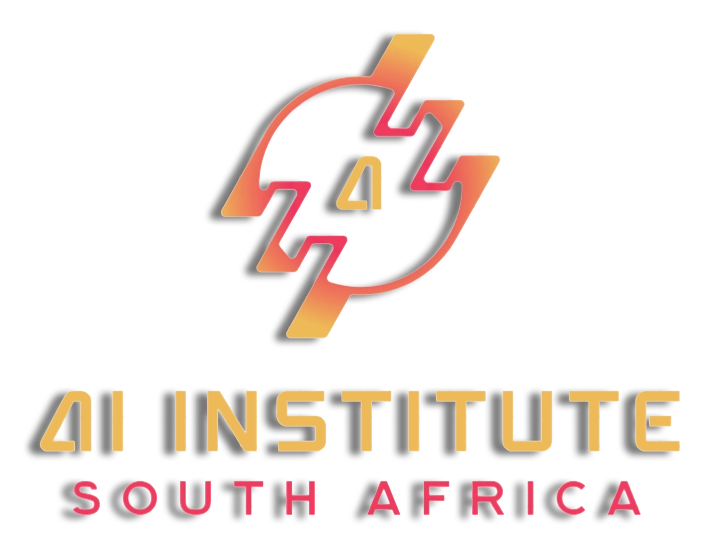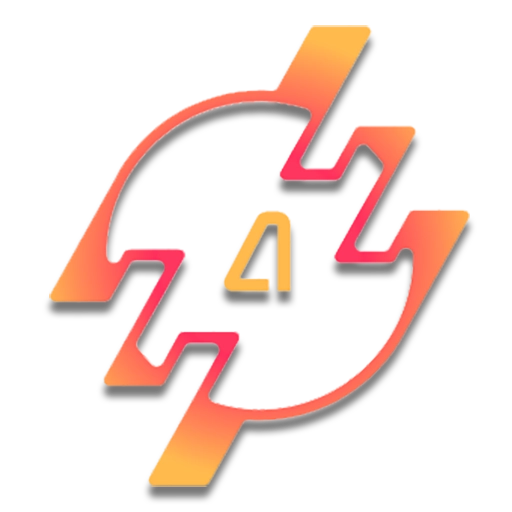South Africa is no longer just a follower in the global tech race — it’s emerging as a competitive player in artificial intelligence (AI) and information technology (IT). With major investments in digital skills, youth development, and future-proof jobs, the country is laying down real foundations for long-term innovation. But how exactly is this happening? Let’s unpack the shift, from coding classrooms to startup accelerators, and see what this means for anyone eyeing a career in the South African tech scene.
The Rise of Artificial Intelligence in South Africa
Artificial intelligence South Africa has gone from buzzword to real-world transformation. It’s not just about robotics or smart apps anymore — AI is reshaping how local businesses operate, how government policies are designed, and how people learn and work.
According to the Council for Scientific and Industrial Research (CSIR), AI is expected to contribute up to 10% of South Africa’s GDP by 2030. Whether through automated farming tools or data-driven financial platforms, the impact is widespread. Companies across Cape Town, Johannesburg, and Durban are hiring data scientists, machine learning engineers, and AI ethicists. And they’re not just importing talent — they’re building it.
Where the Education Push Begins: Schools and Coding Camps
South Africa’s Department of Basic Education has already piloted coding and robotics as part of the school curriculum. This shift is crucial. Giving students the tools to think computationally — and creatively — prepares them early for a tech-driven economy.
Pilot programs rolled out in 1,000 schools in 2023 are expected to expand nationwide by 2025. These programs teach Grade 4 to 9 students how to program simple robots, understand algorithms, and solve problems through logic. It’s not just about screens and code either — it’s about preparing learners for collaboration, digital ethics, and resilience.
University Support: From Degrees to AI Labs
South Africa’s higher education institutions are responding fast. The University of Pretoria, Stellenbosch University, and Wits University all offer AI-centric programs in data science, computer engineering, and cognitive computing. Some even offer specialized postgraduate diplomas in AI applications for healthcare, finance, and urban development.
AI research labs, such as the Centre for Artificial Intelligence Research (CAIR), are pushing boundaries in natural language processing and autonomous systems. These aren’t just academic — they regularly partner with local industries to test real-world use cases.
Notable programs include:
- Stellenbosch University – BSc in Computational Thinking and AI
- University of Johannesburg – MSc in AI and Robotics
- University of Cape Town – AI for Social Good research initiative
Bridging the Gap: Bootcamps, Incubators, and Microcredentials
Not everyone needs — or wants — a four-year degree. That’s where alternative learning pathways come in. Platforms like ExploreAI Academy and WeThinkCode_ offer accelerated programs in data science, cloud computing, and machine learning. These bootcamps typically last 12–18 months and are often free or subsidized for underprivileged youth.
Tech incubators like Silicon Cape, Innovation Hub, and AlphaCode are backing early-stage AI startups while offering mentorship, seed funding, and connections to global markets. This support ecosystem is crucial for local problem-solving — think smart traffic management in Johannesburg or healthcare diagnostic tools in rural Limpopo.
Popular upskilling formats:
| Program Type | Duration | Focus Area | Cost Range |
|---|---|---|---|
| Online Bootcamps | 3–6 months | Data Science, AI Basics | Free – R30,000 |
| Microcredentialing | 6–12 weeks | Machine Learning, NLP | R3,000 – R8,000 |
| Incubator Programs | 6–12 months | AI Startups, MVP Development | Funded (application) |
Job Demand: Who’s Hiring and What Roles Are Growing?
South Africa’s job market is heating up for AI and IT professionals. According to a 2024 report by the South African Digital Skills Forum, AI job postings grew by 45% in just one year.
Top in-demand roles include:
- Machine Learning Engineer
- Data Scientist
- AI Business Analyst
- Cybersecurity Specialist with AI focus
- NLP Developer (especially for local languages)
Large companies like MTN, Naspers, and Discovery Bank are actively building in-house AI teams. At the same time, smaller startups in fintech and agritech are scouting junior and mid-level developers who can adapt fast and think creatively.
Artificial Intelligence South Africa: Gaps That Still Need Filling
Despite the momentum, challenges remain. Access to high-speed internet is still limited in many rural and township areas, which directly impacts who can participate in the digital economy. Hardware access, such as laptops and PCs, is another hurdle — learning Python on a phone just doesn’t cut it.
Language is another sticking point. While most AI training content is in English, South Africa has 11 official languages. Initiatives like Masakhane NLP are creating tools to train models in isiZulu, isiXhosa, and other local tongues — essential for making AI relevant and accessible.
Finally, there’s the ethical dimension. As artificial intelligence South Africa continues to grow, so does the need to address bias, data privacy, and digital equity. These aren’t just technical questions — they cut across law, culture, and values.
Government and Private Sector: Building the Talent Pipeline
To steer all this energy, the government launched the Presidential Commission on the Fourth Industrial Revolution (PC4IR). Its national AI roadmap focuses on local capacity building, inclusivity, and global competitiveness.
On the business side, companies are stepping in with serious investment. In 2023, AWS pledged R1.8 billion to train 300,000 South Africans in cloud and AI technologies by 2026. IBM, Microsoft, and Google are all expanding their training hubs, offering scholarships, apprenticeships, and on-the-job training aligned with local market needs.
The Bigger Picture: Why South Africa Matters in Global AI
Artificial intelligence South Africa is not just a local phenomenon — it’s part of a broader global shift toward inclusive, responsible tech innovation. What’s happening here matters to the rest of the continent and even to the world.
With a young population, multilingual culture, and hunger for digital innovation, South Africa is well-positioned to lead in areas like ethical AI, AI for social good, and regional innovation. The challenge is turning momentum into sustainability — and keeping the doors open for everyone, regardless of background or geography.

